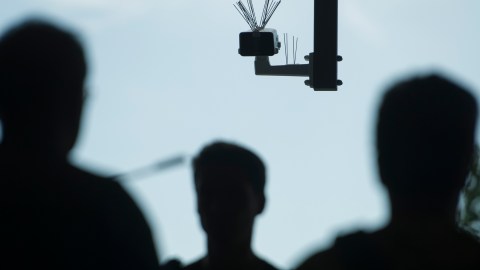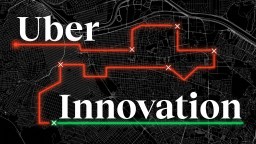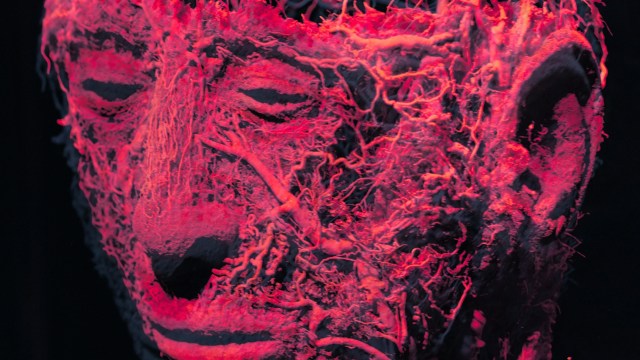San Francisco becomes 1st U.S. city to ban facial recognition technology

Photo credit: Steffi Loos / Stringer
- Supporters say the surveillance technology helps law enforcement do its job.
- Critics say the technology could be used to target minorities, or lead to the implementation of a policy state.
- Dozens of U.S. police departments are currently using facial recognition technology, though it’s unclear exactly how many.
San Francisco voted against the use of facial recognition technology on city property by a margin of 8 to 1, becoming the first U.S. to pass such anti-surveillance legislation.
The ban did not include airports. Individuals, businesses, and the federal government will still be able to use facial recognition technology, as will city departments who receive board approval. The law will also prohibit San Francisco officials from sharing some information with federal agencies, including Immigration and Customs Enforcement.
Catherine Stefanie, the one city supervisor to vote against the ban, said facial recognition technology could help bolster public safety, especially during city events with big crowds. Stefanie also said she’s “worried about politicizing these decisions.”
Critics of facial recognition technology say it could bring about a police state in the U.S.
“Good policing does not mean living in a police state,” said city councillor Aaron Peskin. “Living in a safe and secure community does not mean living in a surveillance state.”
Others have expressed concern about
“As things stand, it is inappropriate for government agencies to use face recognition technology because the dangers substantially outweigh the benefits,” Evan Selinger, a professor at the Rochester Institute of Technology and fellow at the Future of Privacy Forum, told Phys.org.
Current use of facial recognition technology
It’s unclear exactly how many police departments are currenlty using facial recognition technology. However, a 2016 study from Georgetown University found that 25 percent of departments had the ability to run facial recognition searches, whether through their own system or one owned by another municipality. The study also found that about 64 million Americans are currently logged in at least one database, even if they didn’t have a criminal record. The researchers described it as “a virtual line-up.”
The technology is an effective tool for law enforcement. As NBC News notes, it’s already “led to the capture of a serial robber in Indiana, a rapist in Pennsylvania, a car thief in Maine, robbery suspects in South Carolina, a sock thief in New York City and shoplifters in Washington County, Oregon.”
But in China, facial recognition technology is part of an Orwellian surveillance system that’s helping the government identify and, in many cases, imprison the Uighur Muslim ethnic minority. Some American privacy advocates have referenced China’s surveillance network when raising concerns about municipal use of facial recognition technology. But such comparisons are silly, according to Daniel Castro of the Information Technology and Innovation Foundation.
“In reality, San Francisco is more at risk of becoming Cuba than China — a ban on facial recognition will make it frozen in time with outdated technology,” he said, adding that governments “can use facial recognition to efficiently and effectively identify suspects, find missing children or lost seniors, and secure access to government buildings.”
“Ironically, a ban on facial recognition is a step backwards for privacy,” Castro said.





